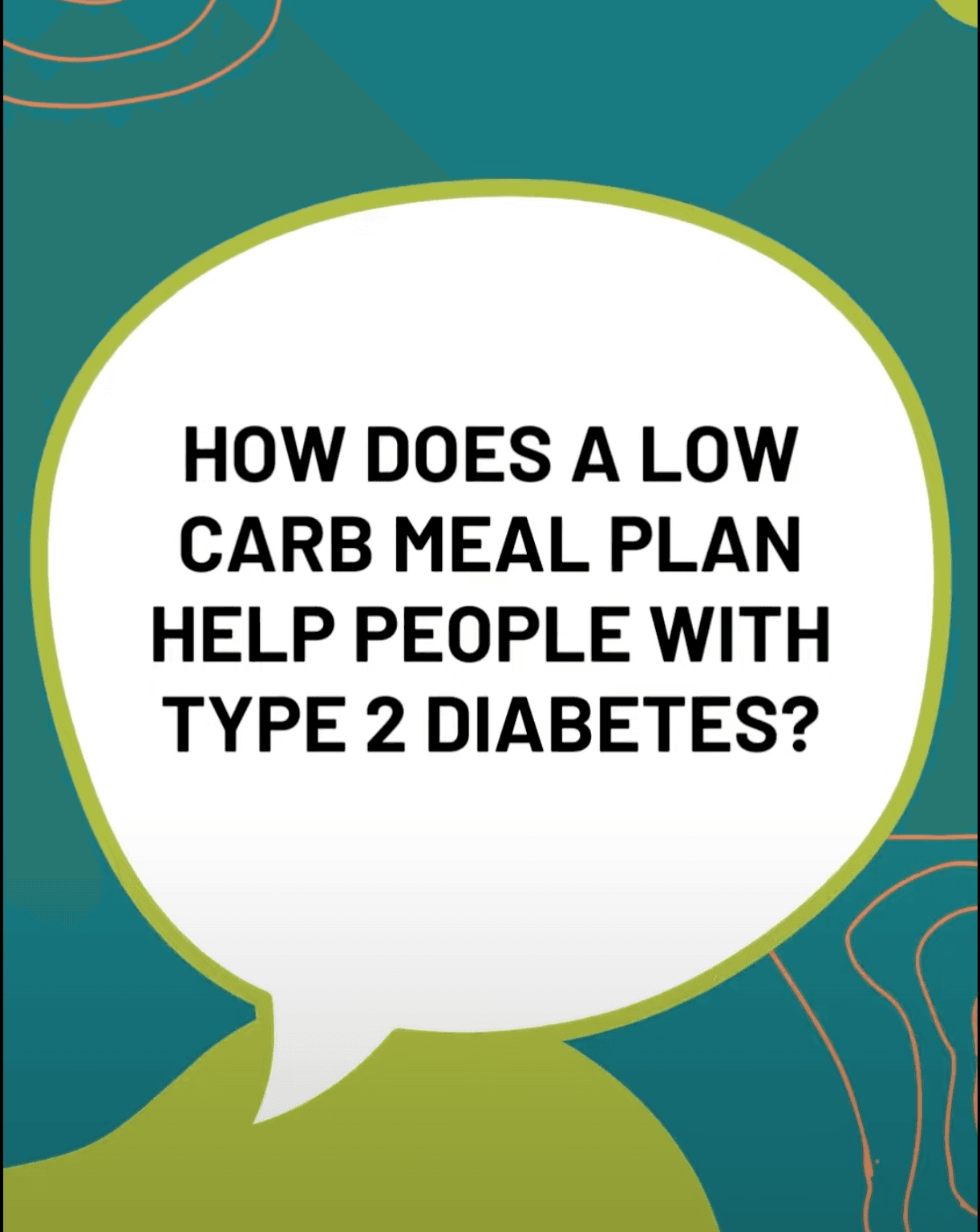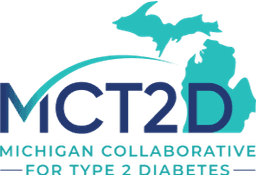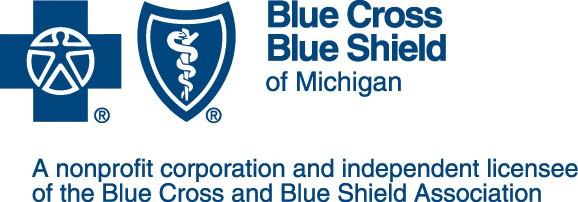NEWS & EVENTS
SPECIALTY CARE

Getting started on a low carb lifestyle: Healthy Eating JUMPSTART Video Series
Updated: 10/14/24
Patients: Please leave feedback about this tool (counts towards PO-Level VBR requirement)Rina Hisamatsu, MPH, RDN answers common questions about low carb eating, in this patient-friendly educational video series. Here is a transcript of her video session. Created in 2022 for the Healthy Eating JUMPSTART program.
How does a low carb meal plan help people with type 2 diabetes?
A low-carb meal plan is a type of meal plan or “lifestyle” in which you lower your intake of carbohydrates in your diet. This approach can be helpful for those with T2D because when you lower your carb intake, you are essentially reducing the amount of sugar that is being digested and absorbed in your bloodstream. This means lower blood sugar levels, and lower insulin levels too which together helps you to improve blood sugar control over time. A well formulated low-carb meal plan can help you to feel energized and satisfied with your meals, and help you overcome feelings of hunger or intense cravings throughout the day.
When I start on a low carb meal plan, should I be worried about blood sugar lows?
Before starting on your low carb journey, it is essential that you first discuss your interest with your doctor to determine a good plan. This also includes reviewing all your current medications and setting a reasonable carb goal for you. The medications you review may include those that lower blood pressure, and blood sugars (such as insulin and other diabetes medications like sulfonylureas: glipizide, glyburide, glimepiride; and SGLT2s: Jardiance and Invokana). Depending on the carbohydrate goal that you have set together with your care team, you may be asked to reduce or stop taking certain medications prior to starting your meal plan. By doing so, it will ensure that you can safely transition to a low carb meal plan and reduce your risk of having low blood sugars. It is still very important to continue to monitor your blood sugars regularly as prescribed by your care team.
Does “going low carb” mean I have to give up all the foods that I love?
The short answer is no. A well balanced low carb meal plan will include moderate amounts of protein, abundance of non-starchy vegetables, and fats for flavor. The extent to which you may need to limit your carb intake will depend on your goals and what you decide together with your care team. We understand that a low carb meal plan can seem daunting at first, especially when you hear the term ‘low carb’ as the main part of the plan. Does this mean I can no longer have potatoes, rice, pasta, and bread? Well, before we dive into that, carbohydrates are actually found in a lot of different types of foods. This includes starches like potatoes, rice, pasta, bread, beans and lentils; fruit, milk, and processed carbs like juice, pop, chips/crackers/cookies/cakes and candies. A good place to start on a low-carb meal plan would be to limit your intake of these processed carbs such as sugar sweetened beverages, chips, candies, and baked goods. Doing this alone can make a big difference in your overall carb intake for the day. Next you may want to consider how you can reduce your intake of starches like white bread, pastas, rice and potatoes. On a low carb meal plan, we generally recommend carbs to come from complex sources such as beans, lentils, starches like sweet potatoes, whole grains like quinoa, barley, oats, brown rice, and fruit. The amount to include in a day will depend on your carb goal.
The good news is that eating low carb can be enjoyable and delicious! Not only are there plenty of low-carb recipes to explore, there are many substitutions that can be made in place of traditional starches and other ingredients. For example, cauliflower is a great substitute for rice or mashed potatoes, especially mixed in with cheese garlic and cream! Low carb dessert options include whipped cream with berries, coconut chia pudding, sugar free jell-o or you can also try recreating some of your favorite low carb baked goods using alternatives to wheat flour like almond or coconut flour.
Rina Hisamatsu, MPH, RD, is a registered dietitian and health educator for the Michigan Collaborative for Type 2 Diabetes. In this JUMPSTART Video Series, Rina answers patients' commonly asked questions and concerns about a lower carb lifestyle. These brief, under 5-minute videos can be shared with patients individually or sent as part of a playlist of patient educational videos.


